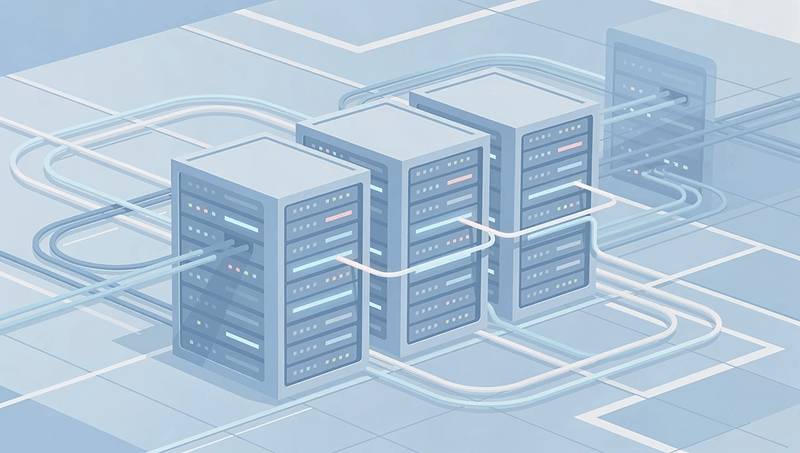What is Enterprise Information Archiving (EIA), and Why is it important?
Role of Enterprise Information Archiving (EIA) to Transform Your Business
A few years ago, the primary reason for using an archiving system was to manage storage effectively. But today, EIA is essentially seen as a best practice for meeting regulatory requirements and enhancing critical capabilities for the enterprise. EIA is also beneficial in the case of investigative audits. EIA solutions help different departments of an organization extract and export records as and when required while keeping track of the historical records; here is a list of some key benefits of an EIA platform:
Storage Management
Archiving solutions help provide an effective way to store the organization’s data. EIA helps store historical data in ways that save storage space (on-premise and off-premise) while meeting regulatory demands. Effective storage management can result in substantial cost savings. So, this could be impactful for small and mid-level organizations looking to manage expenses better.
Regulatory Compliance
Industry regulations and laws burden organizations with generating multiple reports and maintaining evidence to record, control, and collect data. EIA solutions allow selectively capturing data and defining it per the compliance request. From here on, regulations will be a part of many other industries, and they will only get more stringent. So, enterprises should consider EIA.
Investigative Audits
If an organization suffers from a data breach, the EIA process helps to extract reports and recover historical data. The EIA solutions also help maintain an audit trail of activities performed on the data. This way, you know how and where the breach occurred and can build data resilience to protect your organization’s data.
Supporting End Users
To process the data requirements from various users in the organization, EIA solutions make it possible to query the data based on keywords and provide ways to retrieve the required data, sometimes to meet audit requests. The sped-up and convenient process benefit your end-users.
Preserving Historical Information:
Critical Capabilities for Enterprise Information Archiving in the Market
How should an organization prepare to implement EIA? It is crucial that while organizations look for solutions in the enterprise information archiving market, they precisely understand what to look for and prepare before considering the EIA solution.
- The EIA solutions should be capable of archiving both structured and unstructured data from all internal and cloud data sources. These solutions should capture all information and be compatible with several file types, ensuring a good reporting standard in a regulatory audit.
- EIA solutions should replace manual capturing of the organization’s data. In doing so, ensure that the solution maintains an audit trail, stores the complete metadata, and preserves data integrity.
- Customizable EIA solutions are preferred as they provide better control on what data you can capture and the retention period, adhering to compliance requirements.
- The latest EIA tools provide automatic keyword search and monitoring features, generating alerts for reporting risks and extracting reports to meet audit requests.










